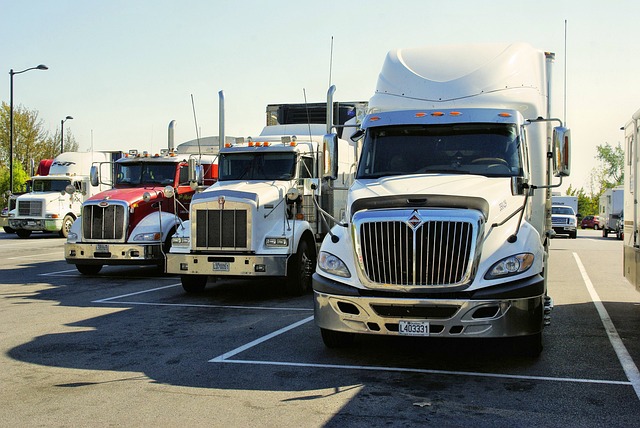Electric-powered trucks will become the future in regard to transportation, while the move towards electric HGVs (heavy goods vehicles) has started to gain momentum. The ever-growing demand for more sustainable and greener transportation modes is what has caused a shift towards electric-powered trucks. How will this change transform the existing road transport sector?
Electric Truck Advantages
Electric HGVs offer several advantages over diesel-powered trucks.
- They are much kinder to the environment, emitting no tailpipe emissions.
- Electric trucks are also cheaper to run when compared to diesel trucks since they have fewer fuel costs and require a lot less maintenance.
- Electric-powered trucks are also a lot quieter when compared to diesel trucks, which makes them ideal for deliveries at night in urban suburbs.
The Technology Associated With Electric HGVs
The technology relating to electric trucks is advancing rapidly, and new developments are made consistently. One key challenge relating to the development of electric HGVs is the issue of the charge running out before you can reach your destination. However, battery technology advancements have meant that electric-powered HGVs could travel further on one charge, which would make them a better option for longer-haul journeys.
Another focus area for the development of electric HGVs is the charging infrastructure. To ensure that electric HGVs become a viable choice for longer-haul journeys, it is vital that there is an ample supply of stations to recharge these vehicles efficiently and quickly. Businesses and governments globally have invested heavily in building this infrastructure, and it is expected that the charging station numbers will carry on growing rapidly over the next few years.
What Is The Future Of Electric-Powered HGVs?
So, what is the future looking like for electric-powered HGVs? In summary, it is looking very bright. Governments across the globe are starting to introduce policies that will incentivize a move towards electric-powered vehicles, which is also driving the demands relating to electric HGVs. At the same time, battery technology advancements and improvements in charging infrastructure will mean that electric HGVs will become a more practical option for longer-haul journeys.
In the years to come, we should start seeing more electric HGVs on road, as more and more companies find ways to lower their carbon footprints and match sustainability goals. This move toward electric-powered HGVs is also going to bring about new opportunities and jobs for the businesses that are involved in the maintenance and manufacturing of electric-powered trucks. It is predicted that this industry is going to experience a boom over the next few years. If you want to take part in this industry boom, find HGV training courses from reputable training companies.
Many of governments around the world are in the process of setting targets that are aimed at reducing emissions that arise from the transportation industry and offering attractive incentives to the companies that decide to adopt electric-powered HGVs.
Tevva, an electric-truck start-up in the UK, has already secured all the necessary approvals required for its full-production vehicle. The producer’s 7.5-tonnne truck can reach a range of 141 miles, and is ready to roll out ‘mass production’. Tevva has plans to annually manufacture around 1000 trucks towards the last quarter of 2023.
Scania is also contributing to the goal to make this sector more electric, as well as more sustainable. The firm recently launched an innovation known as the ‘Regional Battery Electric Truck’, which has promised to be an efficient, clean daily vehicle. With only having to charge the vehicle for an hour, these trucks could travel 186 miles, while a complete charge could be possible in under 90 minutes.
In summary, electric-powered HGVs will become the future relating to road transportation, and the advantages of this transformation are clear. With no tailpipe emissions, quieter operation, and cheaper running costs, electric HGVs have become a more practical and sustainable choice for long-haul trips, and this is what is going to increase the demand for electric-powered trucks over the next few years. As we start moving towards a more sustainable and greener future, electric-powered HGVs are going to play an important role in changing the industry of road transport.
